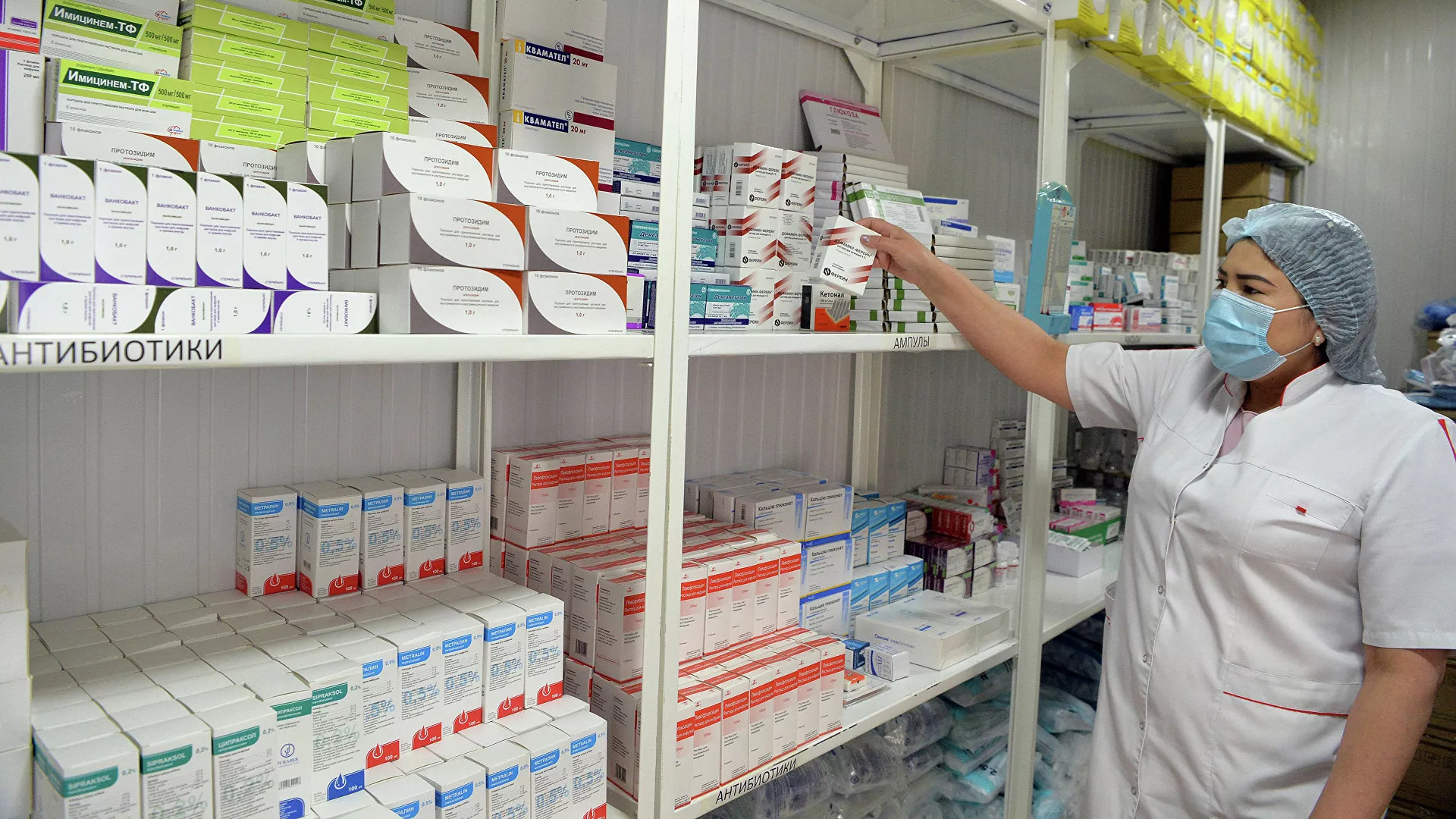In early June, after the detention of the Minister of Health of the Kyrgyz Republic Alymkadyr Beishenaliev, the Prosecutor General’s Office stated that the officials of the Ministry of Health violated the Law “On Public Procurement”, and contrary to the interests of the State purchased immunosuppressive drugs at an increased cost; three times canceled the results of medicine purchase tender, increasing the prices allocated for the medicines; and to compensate for the rising prices of medicines, reduced the volume of purchased medicines.
As a result, the Prosecutor General’s Office declared damage to the state in the amount of 4.5 million soms.
However, patients with transplanted organs argue that it is not so simple to purchase expensive imported drugs. Moreover, due to the criminal proceedings on the tender for these medicines, they fear they may be left without life-saving drugs.
“Immunosuppressants are drugs that are prescribed to patients who have undergone organ transplantation. In Kyrgyzstan, 653 transplant recipients are registered, most of them have liver transplants”, explains Dilyara Utyusheva, a patient group representative, a transplant recipient herself.
In 2021, the state allocated 78 million soms for the purchase of immunosuppressants. Patients, as in previous years, asked the MoH to purchase original drugs, which are more expensive than generic substitutes. “If the state buys the cheapest drugs, no one will take them. Having gone through seven circles of hell and survived, no one wants to risk their lives. World experience shows that it is expensive and dangerous to transfer a person from one drug to another. After the surgery, people are given certain drugs. According to protocols, it is recommended to “sit” on the same drugs for lifetime. If the replacement leads to death, who will be responsible for this?” argued patient Dilyara Utyusheva.
As the patient representative said, both generics and original drugs were in the first round of the tender, but before the MoH purchase committee signed an agreement on cheap generics, the patients went onto streets for strikes.
As a result of patient pickets, the results of the tender were canceled and the second round of the tender was announced. Almost 8 months passed between the first and the last — the third — tender round. “By this time, the dollar exchange rate has changed, inflation has increased, which affected the cost of medicines,” patient representative explained.
Utyusheva urged to solve the problem faster. “We think when a criminal case is initiated, it means that something was stolen, but this is not always the case. Using our example, we wanted to clarify that everything was correct in the actions of the MoH – in terms of purchase procedure of imported medicines. We have a huge community: we monitor all tenders, we know the Law about public procurement, because this is vital for our lives. A disease can affect anyone, no one is immune from a disese,” she said.
According to Utyusheva, all this time, the recipients had to buy drugs with their own money, spending at least $100 a month on them. Last year, due to the lack of drugs, 15 people had an organ rejection, 10 of them died, five switched to repeated hemodialysis, patient advocate Dilyara continued. “A criminal case was opened because of the high (increased) price of medicines. But the prosecutors must understand the natural difference in price between generics and original drugs,” Dilyara Utyusheva added. “As a result, patients received the necessary drugs, albeit in a smaller volume due to the high price, but the problems did not end there: a new tender has not yet been announced, and the stocks of drugs are depleting”, reported the patient.
“No one wants to participate in this year’s medicine procurement tenders, everyone is afraid to even submit an application: the dollar exchange rate, logistics, inflation – there are many factors. The market is small, and in order to register, companies need to collect a lot of documents,” the patient advocate explained.
This situation exemplifies the importance of efforts to contain the rising costs of medicines in health care.
Source and photo: SputnikNews


